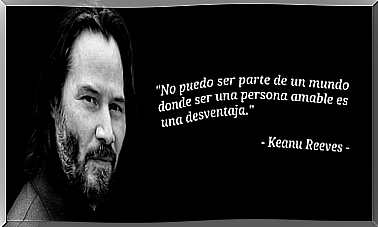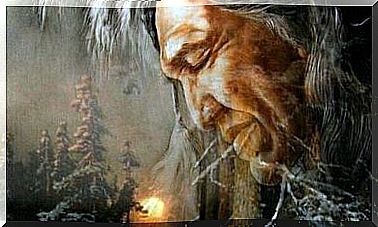Theodor Reik And The Separation Between Psychoanalysis And Medicine
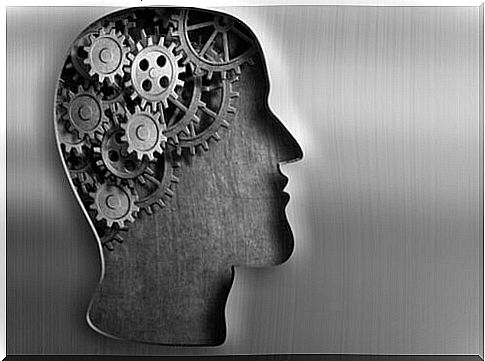
Theodor Reik was not only a prominent psychoanalyst, author of important writings and insightful reflections, but he also marked a defining milestone in the history of psychoanalysis. His case allowed analytical practice to be reserved not only for physicians, but also for lay people. This is one of the great hallmarks of psychoanalysis.
Theodor Reik owes important contributions to psychoanalytic theory . He worked in detail on the theme of “the unsettling”, an aspect that is part of Sigmund Freud’s reflections on “the ominous”. Likewise, he worked on the concept of criminals by fault, that is, those who transgress the law with the unconscious objective of being punished.
In total, Theodor Reik wrote more than 100 texts, between essays and books. Among his best-known works are The Compulsion to Confess, The Unknown Assassin , and The Masochism of Modern Man . Unfortunately, in life he did not achieve the significant success that he achieved decades after his death.
Theodor Reik, his early years
Like most psychoanalysts of that time, Theodor Reik came from a Jewish family. His was of modest descent and Austrian origin. Reik was born in Vienna on May 12, 1888. During his childhood he witnessed several serious conflicts between his father and his grandfather. One was a freethinker and the other a religious quasi-fanatic.
Reik’s mother was emotionally unstable. He suffered from severe depression, an aspect that also marked the childhood of the future psychoanalyst. When he was 18 years old, his father died. This forced him to work to support the family. The situation led him to a crisis of anguish , in which he made tremendous self-accusations and inflicted mortifications.
In the midst of many limitations, he managed to obtain a degree in Philosophy and Letters. His graduate thesis was on The Temptation of Saint Anthony , a work by Gustave Flaubert. His studies and his emotional concerns brought him closer to psychoanalytic theory. He met Sigmund Freud personally and a bond was forged between them that lasted forever.
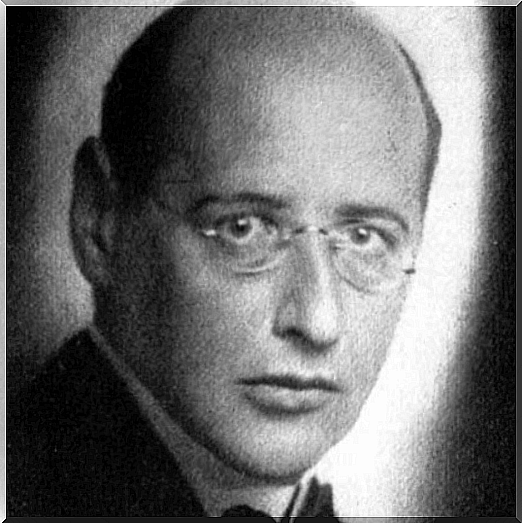
Theodor Reik, Freud’s spiritual son
Freud refused to take Theodor Reik into analysis. He decided to refer him to another of the closest psychoanalysts in his circle, Karl Abraham. Freud himself paid for his psychoanalysis. In fact, it went further. He took him under his wing and sent him a monthly payment to cover his expenses. Reik, who soon began to work as a psychoanalyst, had problems exercising his work, since he was not a doctor.
It was at this time that Reik collaborated on Freud’s work, in particular by analyzing the theme of El espanto. His contributions were very well received and were recorded in two important documents on the subject: one published in 1924 and the other in 1929.
Theodor Reik’s relationship with Freud was so close that even in the Viennese circle they joked calling him “simil Freud”. This was because Reik dressed like Freud, trimmed his beard like him, spoke like him, and even smoked the same cigars as the father of psychoanalysis. Freud, for his part, recognized that “father’s wish” of his disciple and made him his spiritual son.
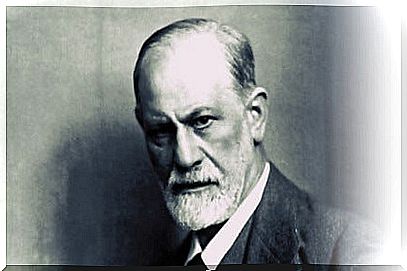
Non-medical psychoanalysis
In 1925 a famous trial broke out against Theodor Reik. He was prohibited from practicing psychoanalysis because he was not a medical professional. This case sparked a strong controversy in the psychoanalytic movement. A sector of it was against the idea that laymen could exercise psychoanalysis. Almost all of them were Americans. Another sector, almost all of Europeans, accepted that laymen should exercise analytical practice.
The controversy led Sigmund Freud to publish a writing on the subject, which he called: Can laymen exercise analysis? The debate took on important dimensions. Reik decided to settle in Berlin, convinced that there he could practice psychoanalysis. However, the arrival of the Nazis forced him to emigrate first to the Netherlands and then to the United States.
American psychoanalysts never accepted him as one of their own. This led Theodor Reik to develop the “third ear” thesis. According to this, the psychoanalyst works basically with his intuition, which constitutes the axis of his countertransference work. Reik died of heart problems on December 31, 1969.






